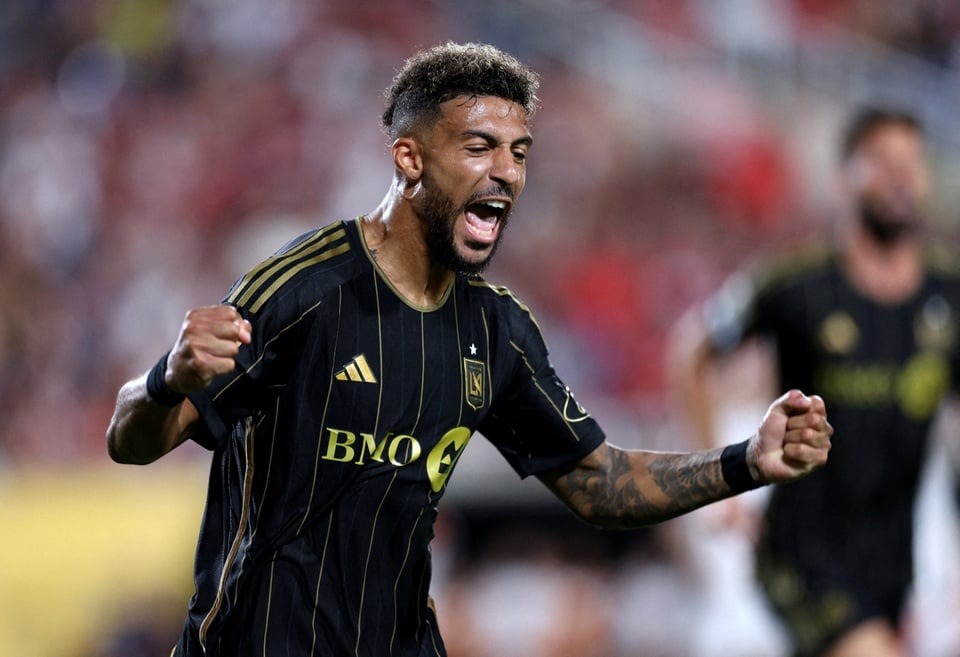 |
All four Brazilian clubs have reached the knockout stages of the FIFA Club World Cup. |
While Europe sleeps due to the time zone difference, in Brazil, the FIFA Club World Cup 2025™ has become a national fever. Mornings at the bus stop, in the cafe or in the office, people talk endlessly about Flamengo's victory over Chelsea, or the shock Botafogo created when they defeated the giants Paris Saint-Germain.
A tournament that was once often overlooked is now where four Brazilian representatives - Botafogo, Flamengo, Fluminense and Palmeiras - are rewriting the map of world football power.
Absolute priority and precise calculation
What is happening to Brazilian football? Why is it that while European giants like Porto, Atletico Madrid and both Argentine giants - Boca Juniors and River Plate - have all left the game, Brazilian teams are still going strong?
A little-known fact: for Brazilian clubs, the Club World Cup is a goal that is scheduled well in advance of the season. According to expert Tim Vickery, teams like Flamengo and Palmeiras prepare for this tournament like an Olympic athlete who devotes all his energy to reaching peak performance at the right time.
Meanwhile, European teams enter the tournament with tired legs after a long season. PSG have just 15 days off after the Champions League final before playing their first match in the United States. And the Brazilians? They are in the middle of the season, in top form, high on energy, and most importantly, absolutely focused.
The heat of up to 37 degrees Celsius at the competition venues has caused many teams to complain. Chelsea and Man City have had to adjust their training schedules, and coach Pep Guardiola even admitted that the players have to "endure" if they want to overcome the harsh conditions in Orlando.
But for players from tropical countries like Brazil, this is just “everyday business”. Vitinho - a Botafogo defender who used to play in England - frankly said: “We are used to it, and hope this will be an advantage”.
Indeed, looking at the way Flamengo rose up in the second half to defeat Chelsea 3-1 or Botafogo maintained constant pressure against PSG, one can clearly see their physical superiority.
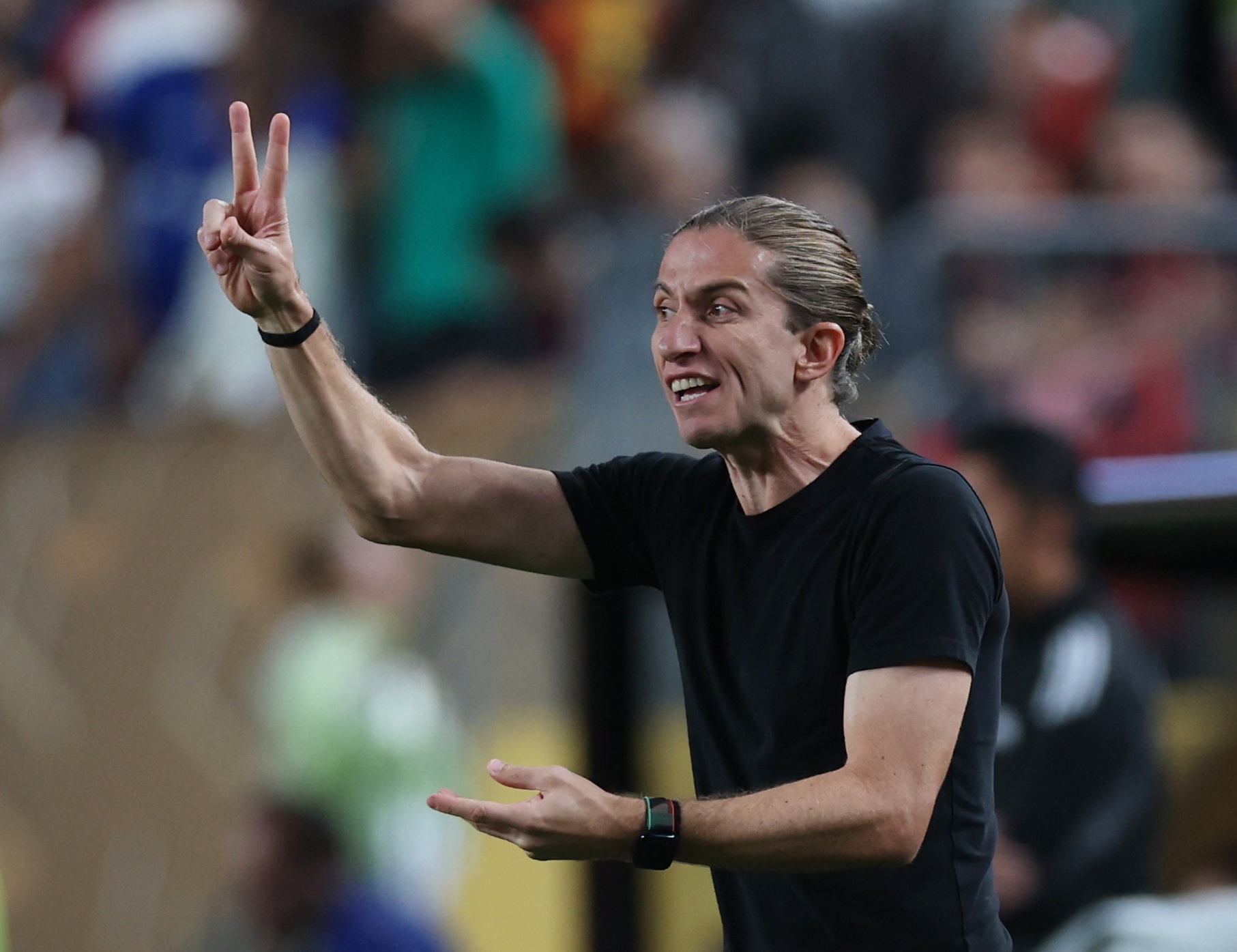 |
Filipe Luis has impressed as Flamengo coach. |
Another less talked about but important factor: the financial growth of Brazilian football. Clubs are not only able to retain talent, but also to recruit top players who have left Europe.
Jorginho left Arsenal for Flamengo, Danilo and Alex Sandro arrived from Juventus, Botafogo retained Igor Jesus before he moved to Nottingham Forest. That is no longer the norm in South American football, which is accustomed to the image of a “brain drain” to Europe.
Moreover, the coaching system is also becoming internationalized. Two of the four Brazilian teams participating in the Club World Cup are now led by Portuguese coaches – a trend that has been evident over the past few years.
Renato Paiva (Botafogo) and Abel Ferreira (Palmeiras) have not only brought modern tactical philosophies, but also contributed to improving the professionalism of the team's operations. Even Flamengo - although led by former defender Filipe Luis - has a Spanish coaching staff behind them. Brazilian football is opening up to new thinking, something it has been conservative and rejected in the past.
All of the above factors - physical preparation, long-term strategy, weather advantage, financial and mental upgrades - are only necessary conditions. The sufficient condition, and perhaps the decisive factor, is the desire to reassert identity.
Brazilian football is no longer far behind
The Club World Cup, traditionally seen as a sideshow for European clubs, is a major stage for Brazilian football to assert its presence in the global power race. After nearly a decade of being overshadowed by European clubs, South American clubs – led by Brazil – are showing that they are no longer far behind. They press high, control possession, and most importantly: they are no longer afraid of losing.
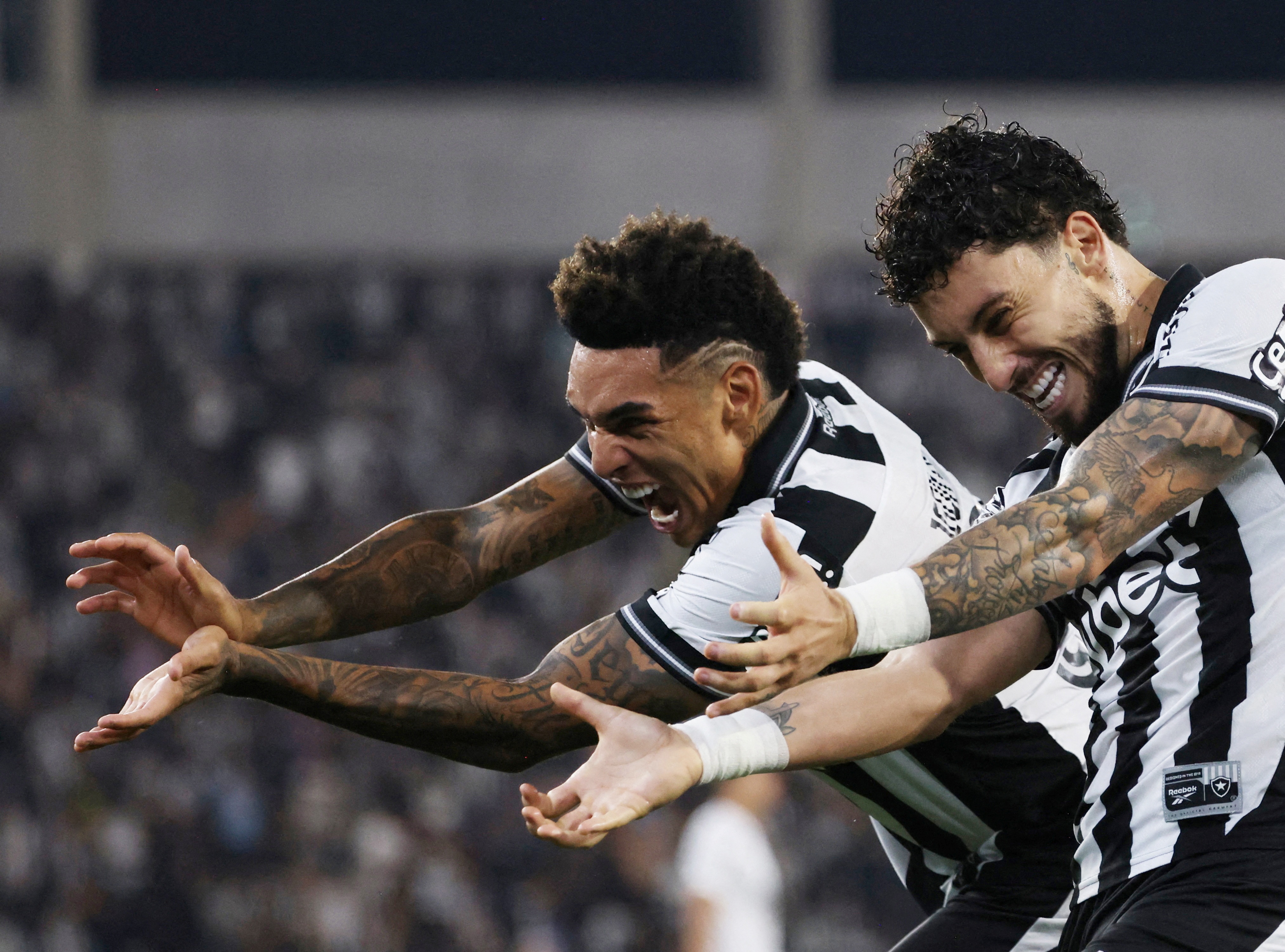 |
Botafogo also played well in this tournament. |
Many Brazilians are dreaming of a great scenario: the club world champions - the national team then wins the 2026 World Cup. But Tim Vickery offers a realistic perspective: the success of the clubs does not necessarily reflect the strength of the Selecao.
The reason? Many of the best players in Brazilian clubs today are not Brazilian. Gustavo Gomez (Paraguay - Palmeiras), Jhon Arias (Colombia - Fluminense), Jefferson Savarino (Venezuela - Botafogo)... Brazilian football now also "imports" talent from South America like Europe did with them.
But there is no denying that the success of the clubs is giving a huge boost to the nation. The festive atmosphere is spreading from the stadiums of the United States to the cities of Brazil. And amid the drums and chants, the message that the world must hear is clear: Brazilian football has never disappeared – it has just returned.
Source: https://znews.vn/vi-sao-bong-da-brazil-khuynh-dao-tai-club-world-cup-post1564161.html


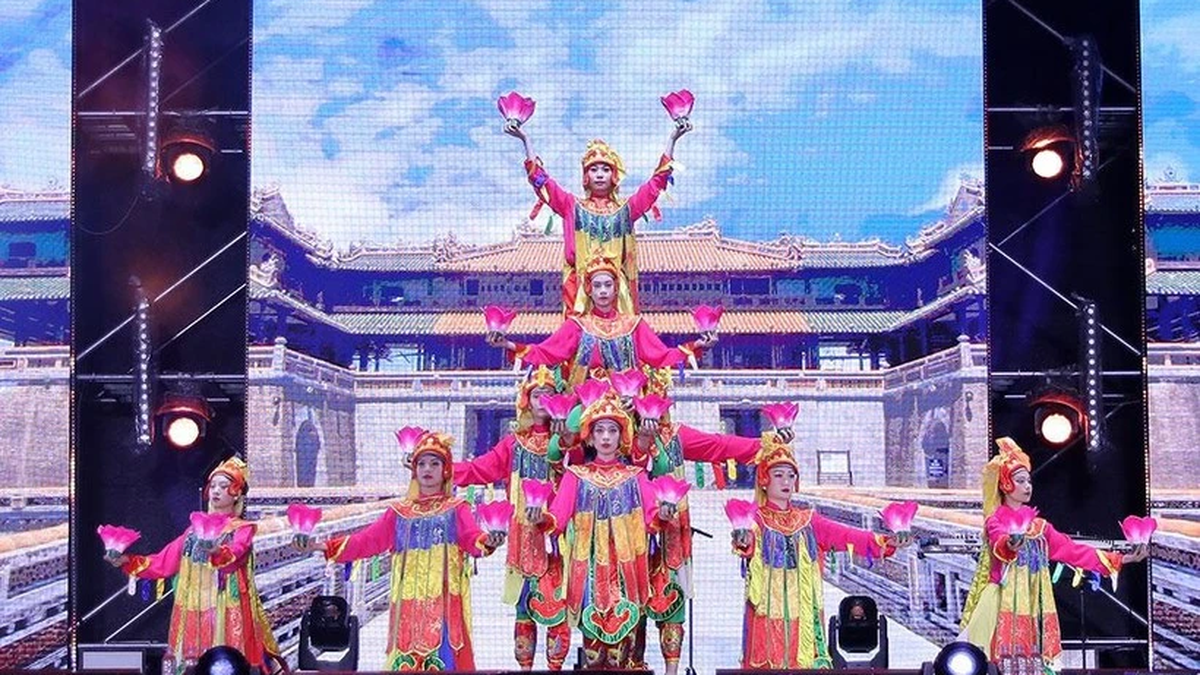
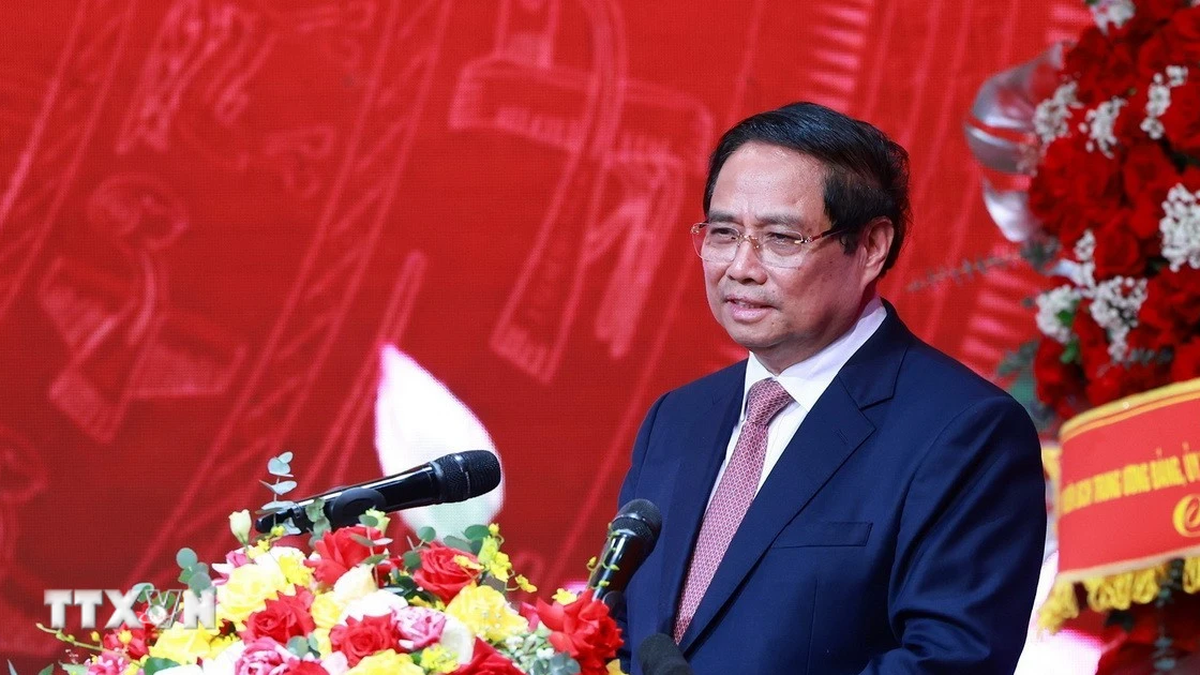





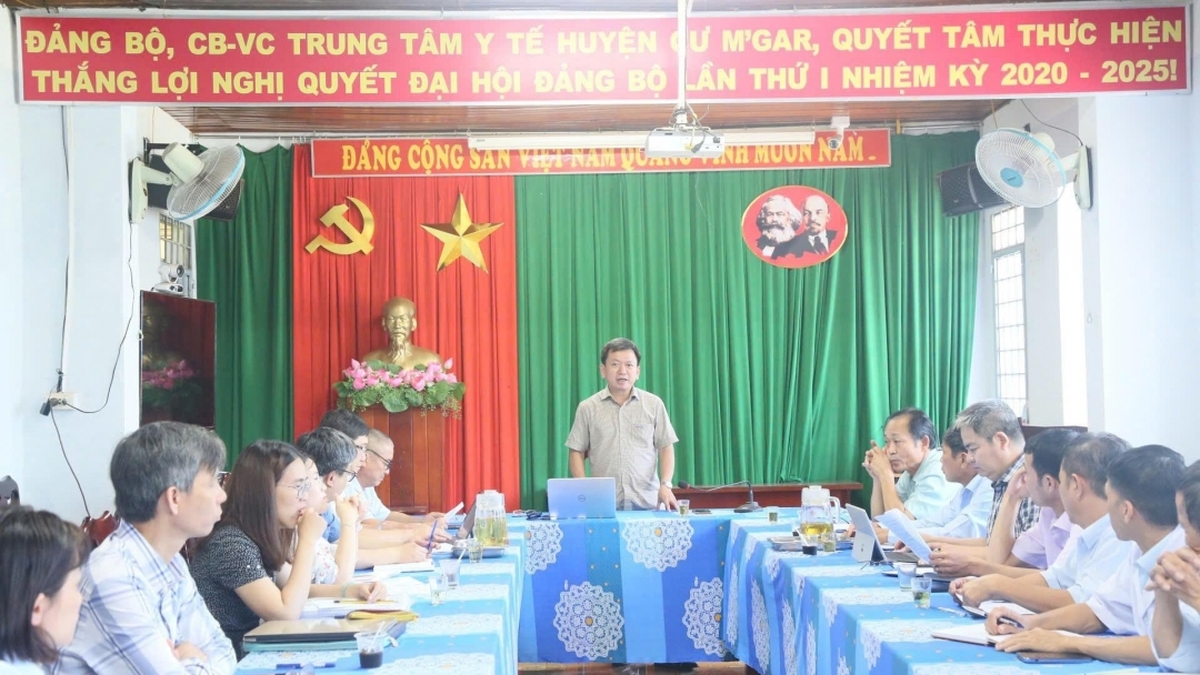
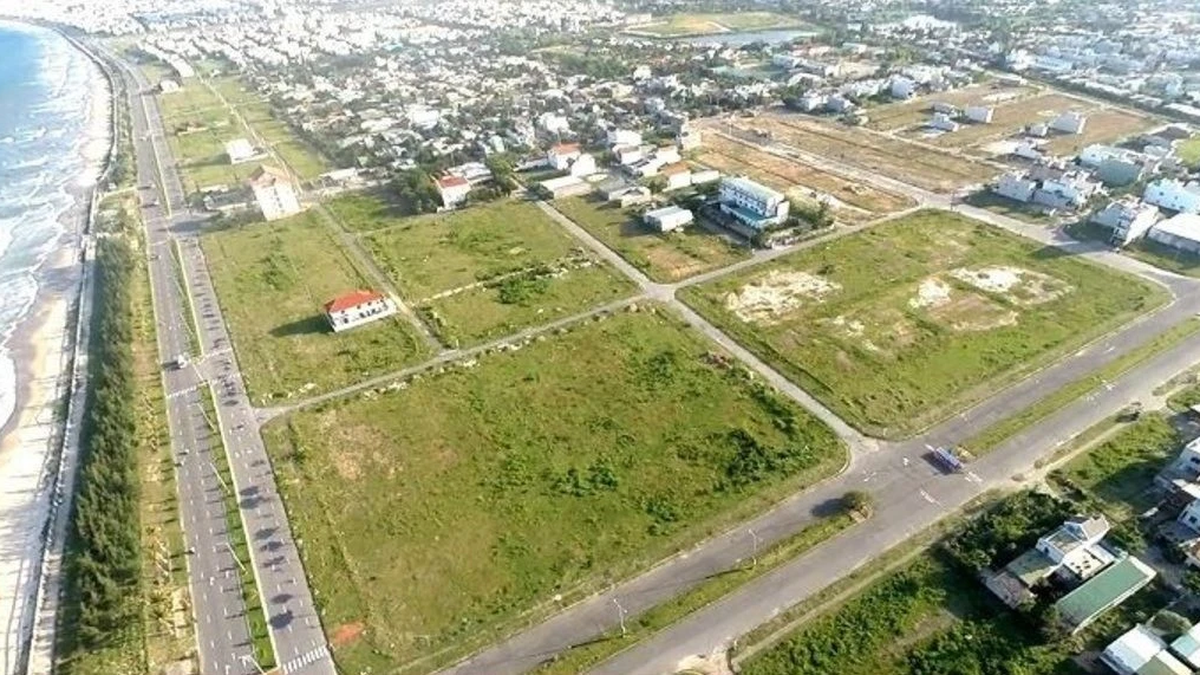
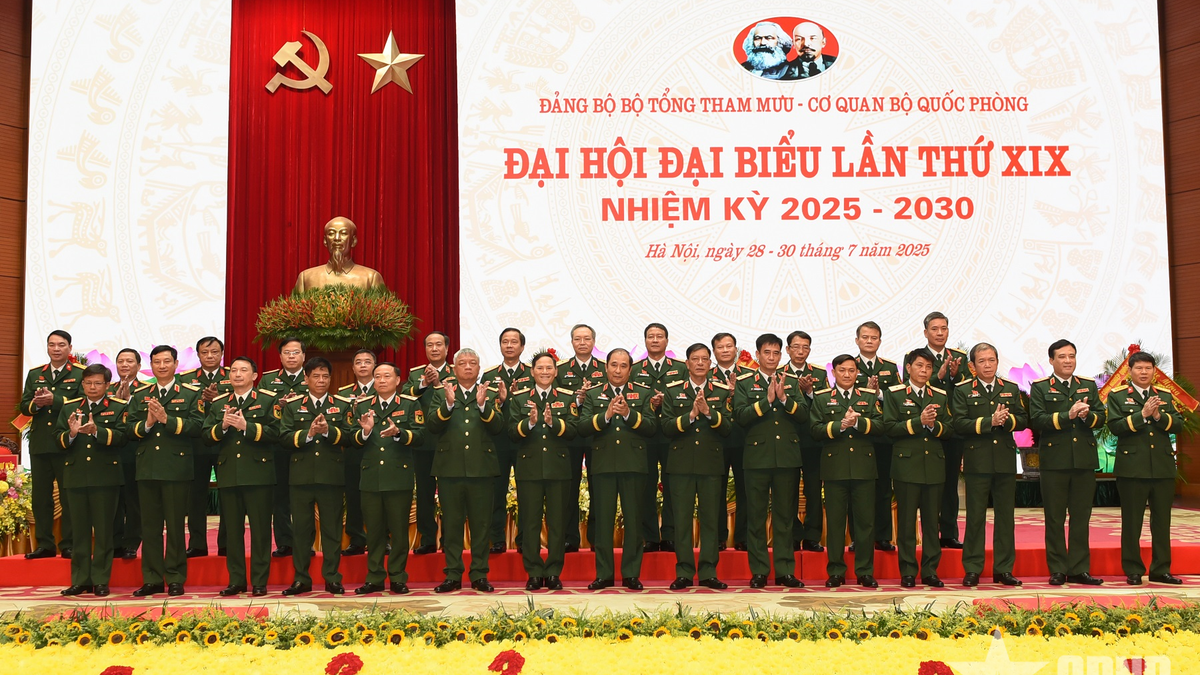










![[Photo] National Assembly Chairman attends the seminar "Building and operating an international financial center and recommendations for Vietnam"](https://vphoto.vietnam.vn/thumb/1200x675/vietnam/resource/IMAGE/2025/7/28/76393436936e457db31ec84433289f72)

























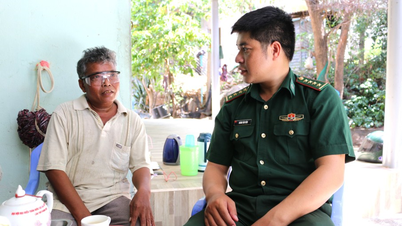








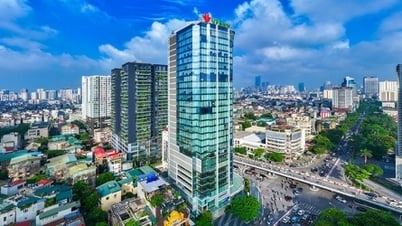


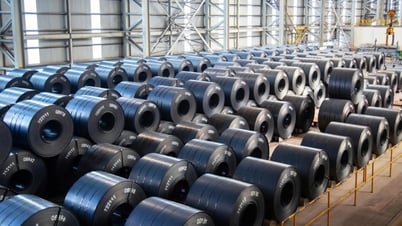
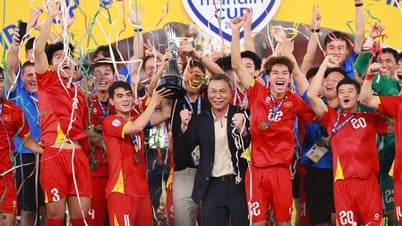
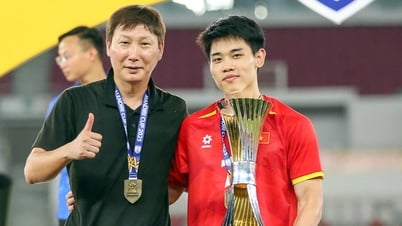

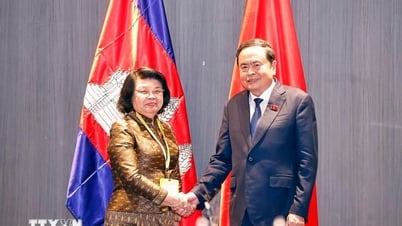

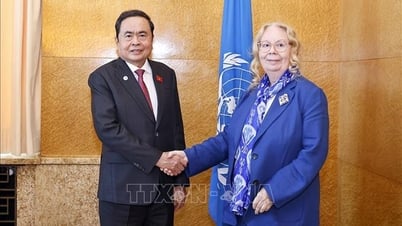

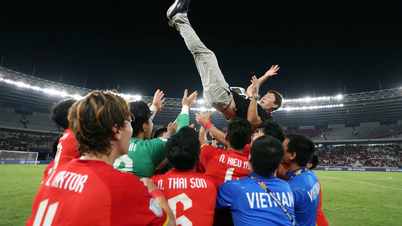

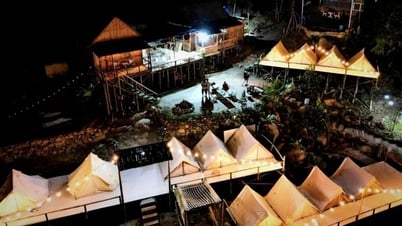





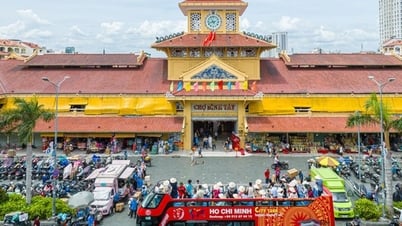
























Comment (0)